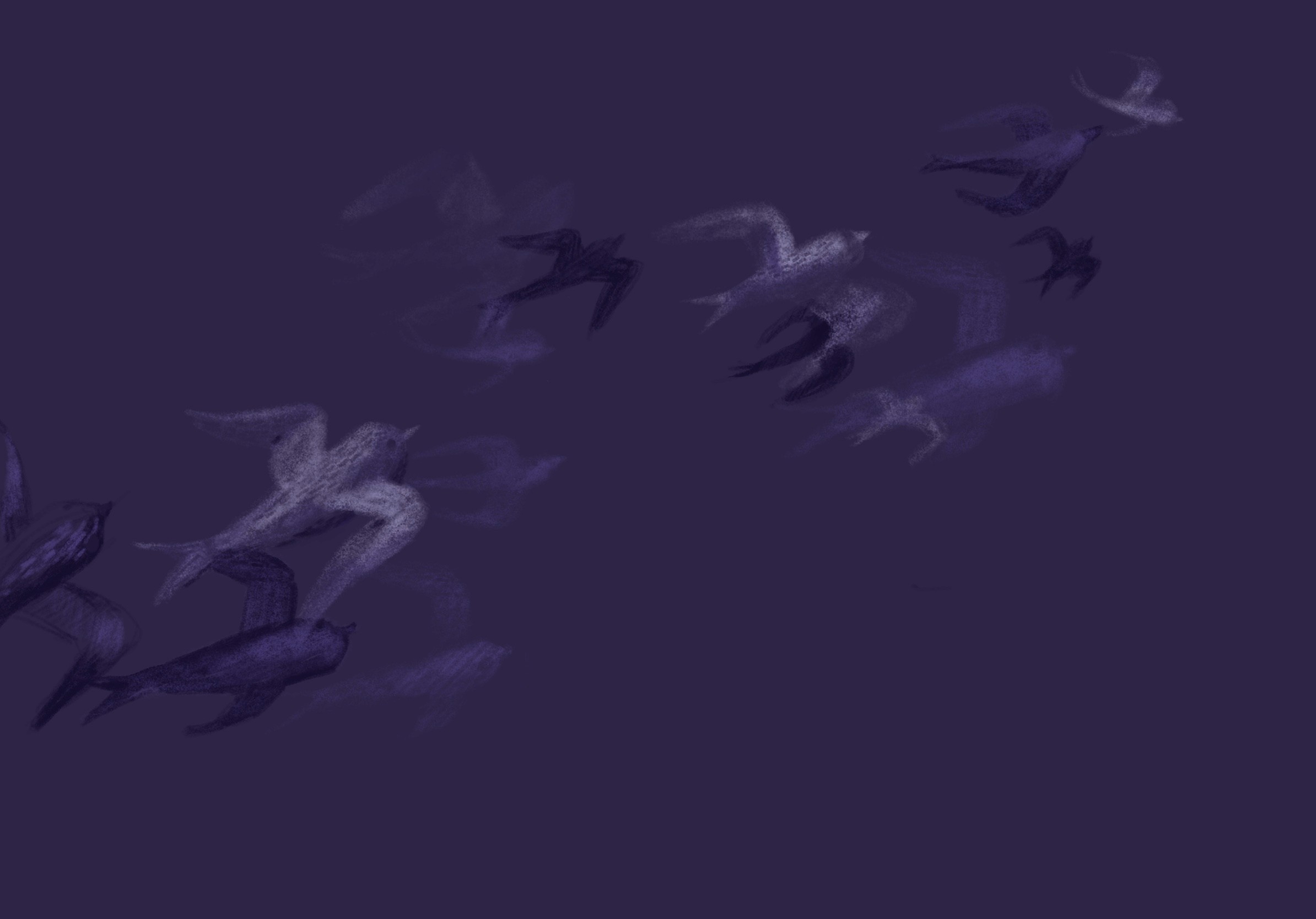
Finding Order In Disorder
Finding Order In Disorder
Finding Order In Disorder
Creation | Collaboration | Community | Catharsis
Creation | Collaboration | Community | Catharsis
A Non-Profit Arts Collective for nuanced stories to disrupt dominant narratives
A Non-Profit Arts Collective for nuanced stories to disrupt dominant narratives
Research Projects | Events | Hybrid Podcasts | Conferences | Festivals | Education | Digital Storytelling | Community Arts Engagement | Therapeutic Dance | Mad Studies | Social Justice | Disability Justice
Finding Order in Disorder Foundation is an organization and art collective that extrapolates our founder Ishaa Vinod Chopra’s lived experiences in mental health. It applies to education, mental health advocacy and multidisciplinary arts.
The aim is to foster empathy, positivity, and self-awareness while sparking mental health discussions in safe spaces to make space for stigmatized, silenced and supressed narratives of BIPOC, LGBTQIA2S+, and marginalized communities. Being Inclusive is not merely a checkmark for Diversity, Equity, Inclusion and Accessibility as a formality but a core value that our non-profit deeply values.
The use of Therapeutic Dance and Community Arts Engagement for healing and expression by infusing Latin, Indian Classical, and Folk dance will be used as coping mechanism for mental well-being, to foster a sense of community in a safe space for healing, communing, belonging, expression, well-being and engagement.
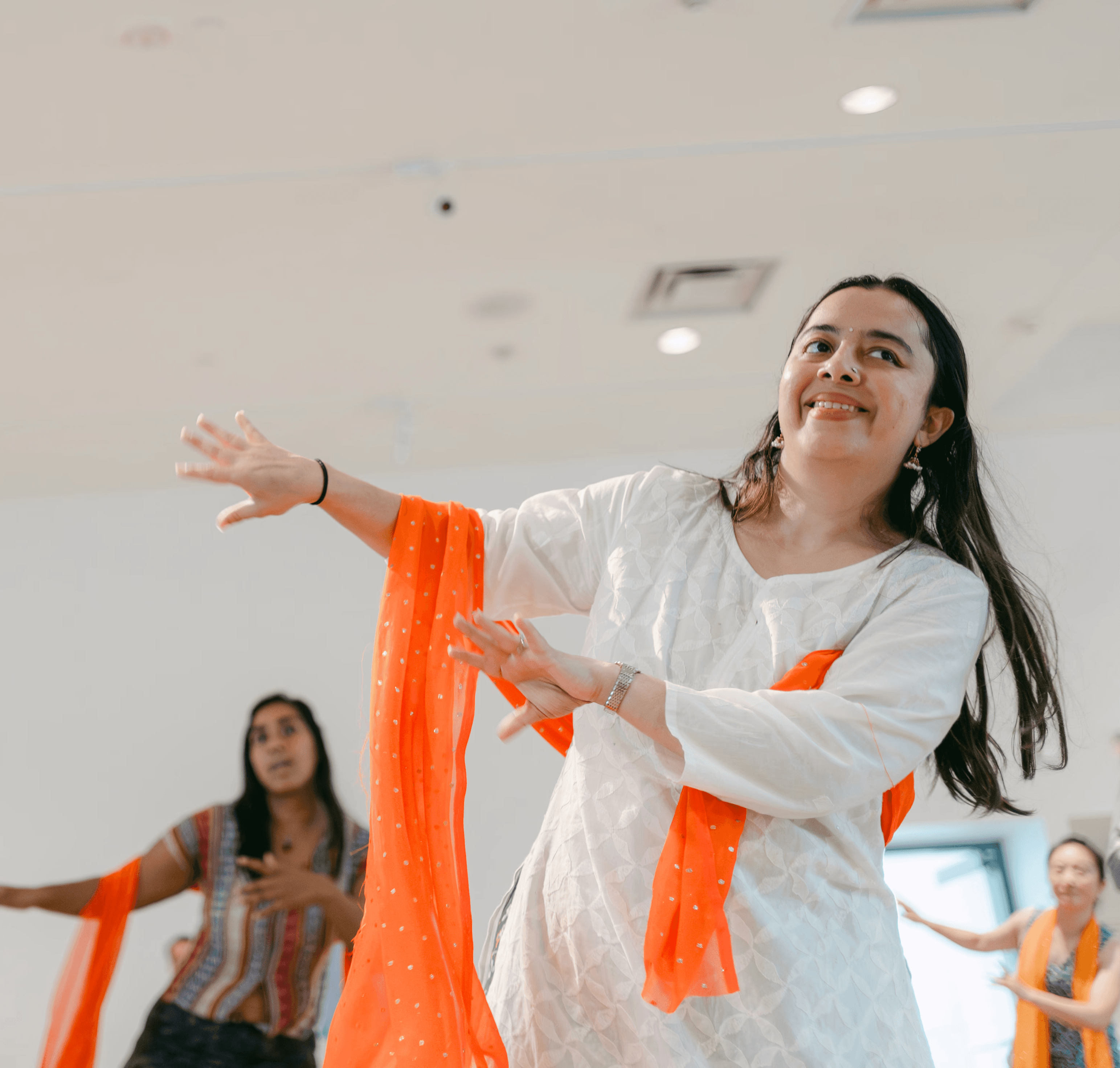


Community Arts Engagement
Through the means of Cultural Dance Movement, Therapy and expressive arts using Indian Classical dance forms of Kathak, Indian Folk and Latin styles such as Salsa, Bachata, Latin Ballroom, community-engaged arts is explored for the purpose and joy of pursuing a hobby as opposed to merely replicating choreography.
Inspired by Ishaa Vinod Chopra's memoir, 'Finding Order in Disorder, ' and a project of the Non-Profit Finding Order in Disorder Foundation, this podcast aims to utilize digital storytelling and multidisciplinary arts to dissect the advice of professors, scholars, scientists, doctors, artists, dancers, filmmakers, coaches, and experts on living life in the pursuit of well-being and how one might find their own balance in life.



Finding Order in Disorder: Podcast
Finding Order in Disorder: Podcast
Finding Order in Disorder: Podcast
Inspired by Ishaa Vinod Chopra's memoir, 'Finding Order in Disorder, ' and a project of the Non-Profit Finding Order in Disorder Foundation, this podcast aims to utilize digital storytelling and multidisciplinary arts to dissect the advice of professors, scholars, scientists, doctors, artists, dancers, filmmakers, coaches, and experts on living life in the pursuit of well-being and how one might find their own balance in life.
Inspired by Ishaa Vinod Chopra's memoir, 'Finding Order in Disorder, ' and a project of the Non-Profit Finding Order in Disorder Foundation, this podcast aims to utilize digital storytelling and multidisciplinary arts to dissect the advice of professors, scholars, scientists, doctors, artists, dancers, filmmakers, coaches, and experts on living life in the pursuit of well-being and how one might find their own balance in life.
Inspired by Ishaa Vinod Chopra's memoir, 'Finding Order in Disorder, ' and a project of the Non-Profit Finding Order in Disorder Foundation, this podcast aims to utilize digital storytelling and multidisciplinary arts to dissect the advice of professors, scholars, scientists, doctors, artists, dancers, filmmakers, coaches, and experts on living life in the pursuit of well-being and how one might find their own balance in life.



Therapeutic Dance Workshop - Workman Arts- North York Arts Satellite
Therapeutic Dance Workshop Workman Arts Organization Satellite
North York Arts
A course as part of Create Minds Programming at Meridian Arts Centre, North York Arts.
A course as part of Create Minds Programming at Meridian Arts Centre, North York Arts.
A course as part of Create Minds Programming at Meridian Arts Centre, North York Arts.

Check out some of our Community Engagement
Check out some of our Community Engagement
Our team has engaged in podcasts, dance performances, academic conferences, as well as publications to spread awareness on how we mental well-being through community arts engagement.

Check out some of our Community Engagement
Our team has engaged in podcasts, dance performances, academic conferences, as well as publications to spread awareness on how we mental well-being through community arts engagement.
Over time we are grateful for the following Mental Well-being, Arts, & Educational Institutes for featuring our work and collaborating with us!
















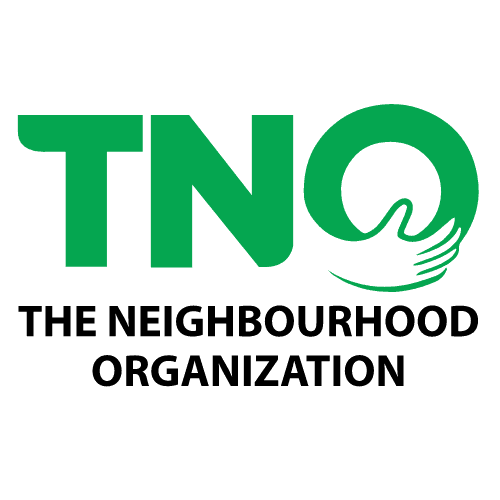



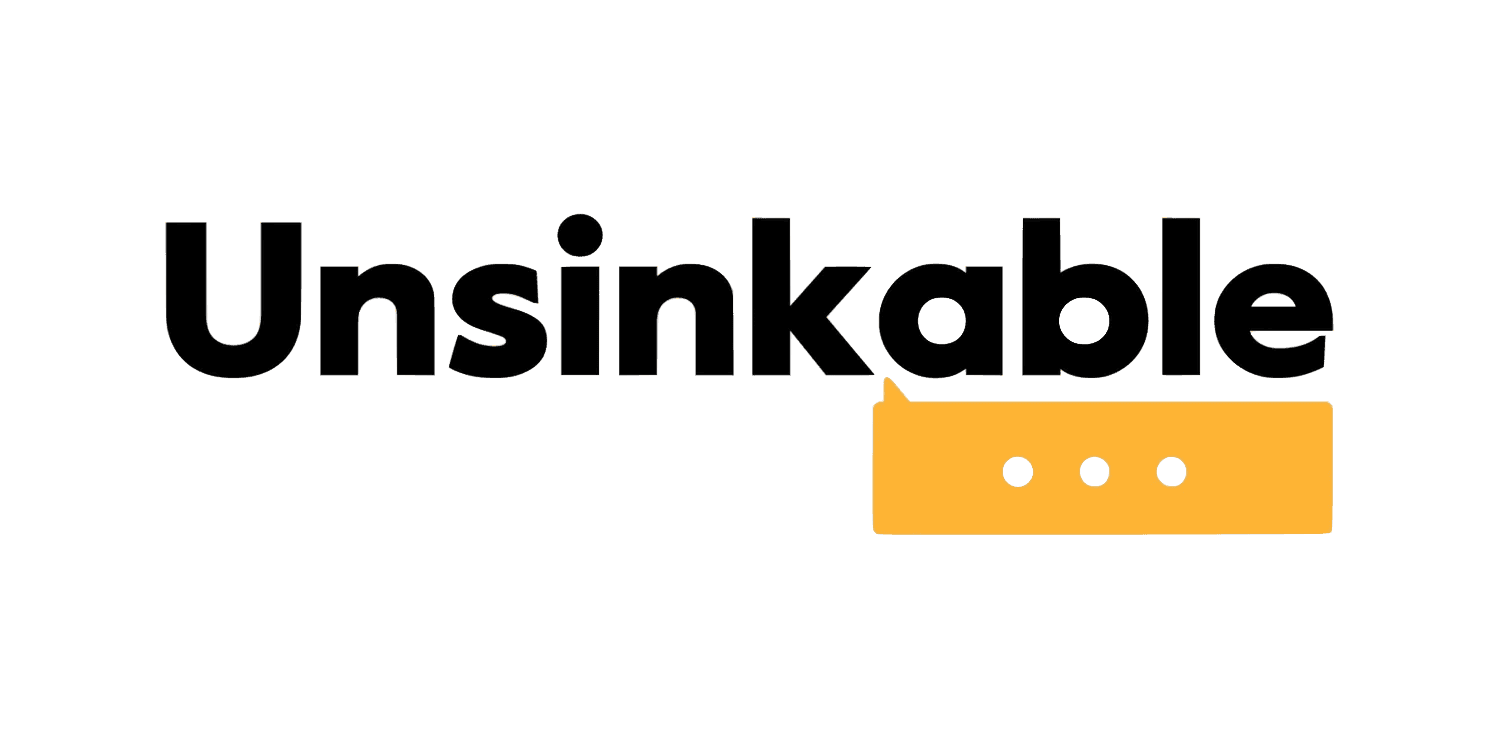
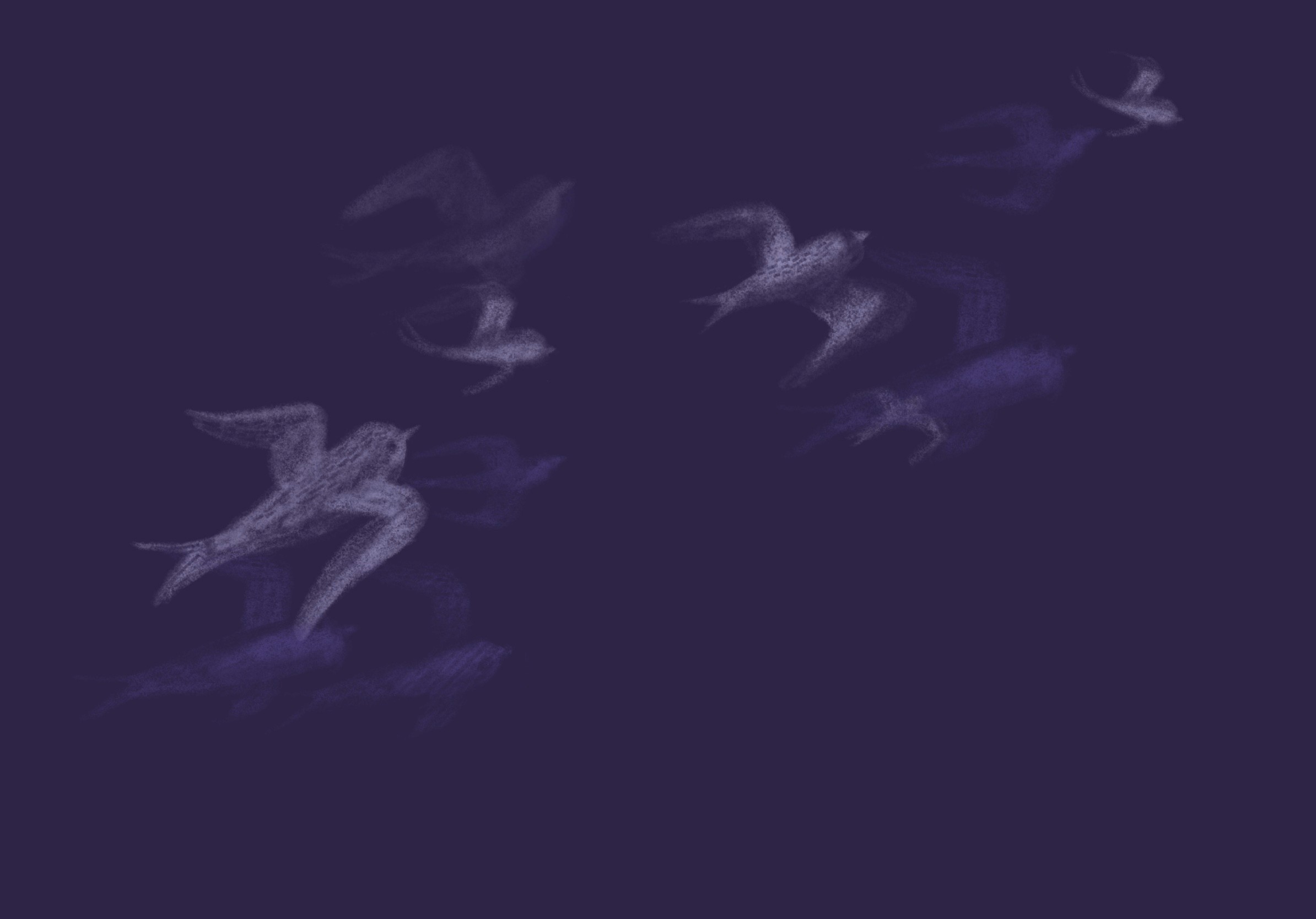
Land and Ancestral Acknowledgement is an Indigenous protocol used to express gratitude to those who reside here, and to honour the Indigenous people who have lived and worked on this land historically and presently
Why do we acknowledge the land?
Committing to this allows us the opportunity to appreciate the unique role and relationship that each of us has with the land, and provides a gentle reminder of the broader perspectives that expand our understanding to encompass the long-standing, rich history of the land, and our privileged role in residing here.
To recognize the land is an expression of gratitude and appreciation to those whose territory you reside on, and a way of honouring the Indigenous people who have been living and working on the land from time immemorial. It is important to understand the long-standing history that has brought you to reside on the land, and to seek to understand your place within that history. Land acknowledgements do not exist in a past tense, or historical context: colonialism is a current ongoing process, and we need to build our mindfulness of our present participation. It is also worth noting that acknowledging the land is Indigenous protocol. (taken from: http://www.lspirg.org/knowtheland/)
Finding Order in Disorder collaborates with community arts engagement, educational institues, and advocacy organizations across Canada on traditional unceded territories and waters of many Nations, including the Kanien’kehá: ka Nation; the Blackfoot Confederacy (Siksika, Kainai, Piikani), the Tsuut’ina, the Îyâxe Nakoda Nations, and the Métis Nation (Region 3); the xʷməθkʷəy̓əm (Musqueam), Sḵwx̱wú7mesh (Squamish), and səlilwətaɬ (Tsleil-Waututh) peoples; and Anishnabeg, the Chippewa, the Haudenosaunee, the Mississaugas of the Credit, the Wendat and many diverse First Nations, Inuit and Métis peoples.
Ancestral Acknowledgement
We are currently on the land of Indigenous communities who have been stewards of these lands since time immemorial and who continue to be systematically erased by policies and practices that remove their histories from this place.
We also acknowledge board and staff members of African descent whose ancestors were forcibly displaced as part of the transatlantic slave trade, brought against their will, and made to work on these lands. We believe that advancing Indigenous sovereignty and Black liberation are deeply and inextricably linked to one another and we remain committed to advancing both.
(Inspirit Foundation as cited in Foundation for Black Communities)
We would also like to acknowledge those who migrated from South Asia to Turtle Island, this land we call Canada today. We would like to acknowledge all of our ancestors who left their homes or were forced to leave due to socio-political unrest. The South Asian diaspora is vast and diverse, and we recognize this diversity and acknowledge the differences in lived experiences due to migration histories and other intersecting axes of power and privilege.
(South Asian Health Research Hub.
A Global Community
Finding Order in Disorder would like to acknowledge that we have collaborated Globally with Individuals and Organizations based in India, United States, Germany, Spain, Canada and beyond. We want to reflect on the perpetual social injustices on marginalized and vulnerable communities that unfold on a global scale of racism, genocide, ableism, sanism, gender based violence, intimate partner violence, transphobia, homophobhia and other systemic and systematic issues deeply embedded within our family relations and socio-political systems, As we reflect on this statement, we aim to address these inequities through:
Creation | Collaboration | Community | Catharsis

Land and Ancestral Acknowledgement is an Indigenous protocol used to express gratitude to those who reside here, and to honour the Indigenous people who have lived and worked on this land historically and presently
Why do we acknowledge the land?
Committing to this allows us the opportunity to appreciate the unique role and relationship that each of us has with the land, and provides a gentle reminder of the broader perspectives that expand our understanding to encompass the long-standing, rich history of the land, and our privileged role in residing here.
To recognize the land is an expression of gratitude and appreciation to those whose territory you reside on, and a way of honouring the Indigenous people who have been living and working on the land from time immemorial. It is important to understand the long-standing history that has brought you to reside on the land, and to seek to understand your place within that history. Land acknowledgements do not exist in a past tense, or historical context: colonialism is a current ongoing process, and we need to build our mindfulness of our present participation. It is also worth noting that acknowledging the land is Indigenous protocol. (taken from: http://www.lspirg.org/knowtheland/)
Finding Order in Disorder collaborates with community arts engagement, educational institues, and advocacy organizations across Canada on traditional unceded territories and waters of many Nations, including the Kanien’kehá: ka Nation; the Blackfoot Confederacy (Siksika, Kainai, Piikani), the Tsuut’ina, the Îyâxe Nakoda Nations, and the Métis Nation (Region 3); the xʷməθkʷəy̓əm (Musqueam), Sḵwx̱wú7mesh (Squamish), and səlilwətaɬ (Tsleil-Waututh) peoples; and Anishnabeg, the Chippewa, the Haudenosaunee, the Mississaugas of the Credit, the Wendat and many diverse First Nations, Inuit and Métis peoples.
Ancestral Acknowledgement
We are currently on the land of Indigenous communities who have been stewards of these lands since time immemorial and who continue to be systematically erased by policies and practices that remove their histories from this place.
We also acknowledge board and staff members of African descent whose ancestors were forcibly displaced as part of the transatlantic slave trade, brought against their will, and made to work on these lands. We believe that advancing Indigenous sovereignty and Black liberation are deeply and inextricably linked to one another and we remain committed to advancing both.
(Inspirit Foundation as cited in Foundation for Black Communities)
We would also like to acknowledge those who migrated from South Asia to Turtle Island, this land we call Canada today. We would like to acknowledge all of our ancestors who left their homes or were forced to leave due to socio-political unrest. The South Asian diaspora is vast and diverse, and we recognize this diversity and acknowledge the differences in lived experiences due to migration histories and other intersecting axes of power and privilege.
(South Asian Health Research Hub.
A Global Community
Finding Order in Disorder would like to acknowledge that we have collaborated Globally with Individuals and Organizations based in India, United States, Germany, Spain, Canada and beyond. We want to reflect on the perpetual social injustices on marginalized and vulnerable communities that unfold on a global scale of racism, genocide, ableism, sanism, gender based violence, intimate partner violence, transphobia, homophobhia and other systemic and systematic issues deeply embedded within our family relations and socio-political systems, As we reflect on this statement, we aim to address these inequities through:
Creation | Collaboration
Community I Catharsis
Research Projects | Events | Hybrid Podcasts | Conferences | Festivals | Education
Research Projects | Events | Hybrid Podcasts | Conferences | Festivals | Education
Digital Storytelling | Community Arts Engagement | Therapeutic Dance | Mad Studies | Social Justice | Disability Justice
Digital Storytelling | Community Arts Engagement | Therapeutic Dance | Mad Studies | Social Justice | Disability Justice
Finding Order in Disorder
Toronto, Ontario
Email findingorderindisorder@gmail.com
Copyright @2025 Finding Order In Disorder



